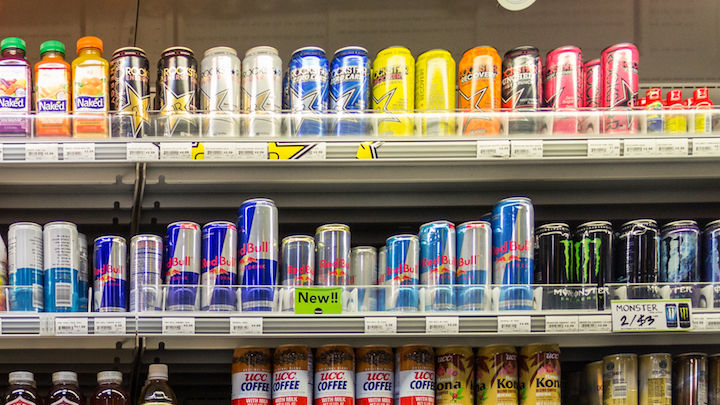Funding hiked for health awareness campaigns
MVR21 million (US$1.3 million) has been allocated for 30 different campaigns in 2019, up from MVR1 million this year.

27 Dec 2018, 09:00
The government has increased funding for programmes to raise awareness about harmful products such as cigarettes, energy drinks and sugary drinks.
Hassan Mohamed, the deputy director of the health protection agency, announced at a ceremony held Tuesday that MVR21 million (US$1.3 million) would be spent for 30 different campaigns in 2019.
At present, only one percent of the annual health budget is allocated for health promotion and awareness, a sum less than MVR1 million.
Increasing the budget was a target of President Ibrahim Mohamed Solih’s first 100-day agenda.
Become a member
Get full access to our archive and personalise your experience.
Already a member?
Discussion
No comments yet. Be the first to share your thoughts!
No comments yet. Be the first to join the conversation!
Join the Conversation
Sign in to share your thoughts under an alias and take part in the discussion. Independent journalism thrives on open, respectful debate — your voice matters.




